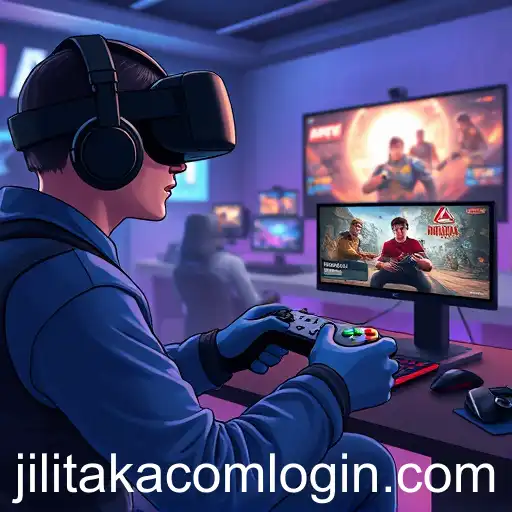
In the rapidly shifting landscape of 2025, online gaming has emerged as a dominant force, reshaping the way individuals interact and entertain themselves. "Jilitaka," a popular gaming website, has taken center stage, drawing millions of users worldwide to its diverse offerings that include everything from immersive role-play games to competitive strategy platforms.
The growth of Jilitaka mirrors a larger trend where online platforms have become essential in fostering virtual communities. As global connectivity improves and technology advances, more people are turning to digital spaces like Jilitaka not just for entertainment but also for social interaction. This trend underscores the increasing role of online games in building complex, multi-faceted communities that traverse geographies and cultures.
Developers on Jilitaka are continually innovating, creating new content that challenges traditional notions of gaming. The platform’s success can be attributed to its ability to evolve with user demands, offering interactive experiences that are both engaging and socially enriching. This dynamism is reflected in its user base, which includes an array of age groups and cultures.
However, as the allure of online gaming grows, so do the challenges. Issues related to cybersecurity, data privacy, and the psychological impact of prolonged gaming periods have become topics of concern among stakeholders and users alike. Efforts are being made to address these problems, with Jilitaka implementing advanced security measures and promoting responsible gaming habits.
The future of platforms like Jilitaka is bound to be bright, driven by technological advancements such as virtual reality and augmented reality. These technologies promise to transform user experiences further, providing even more immersive environments that captivate users’ imaginations.
In conclusion, as we navigate the complexities of 2025, online gaming platforms like Jilitaka represent more than just pastimes. They are a testament to the power of technology in shaping modern entertainment and social structures, making them central to discussions about the future of digital interaction.


